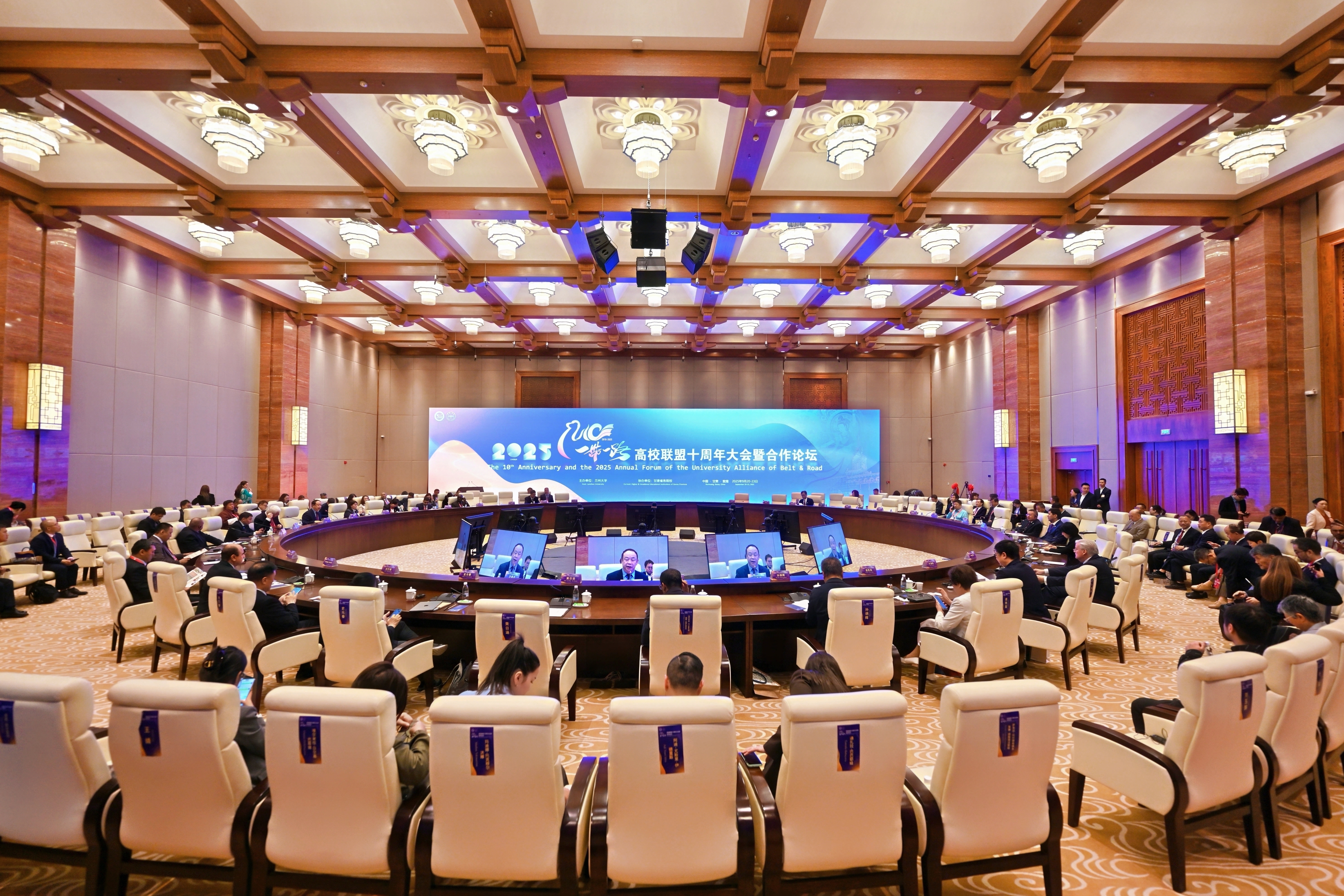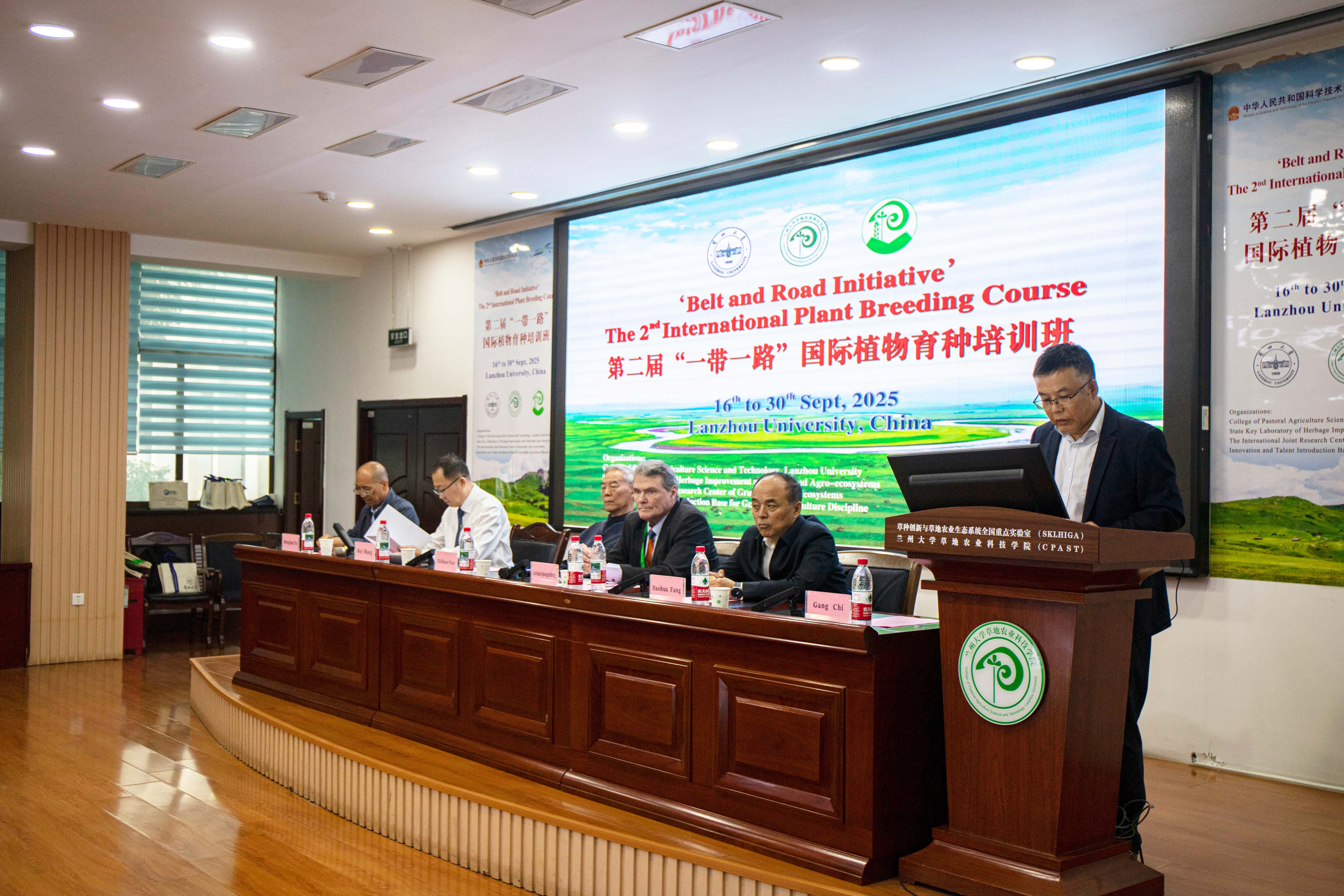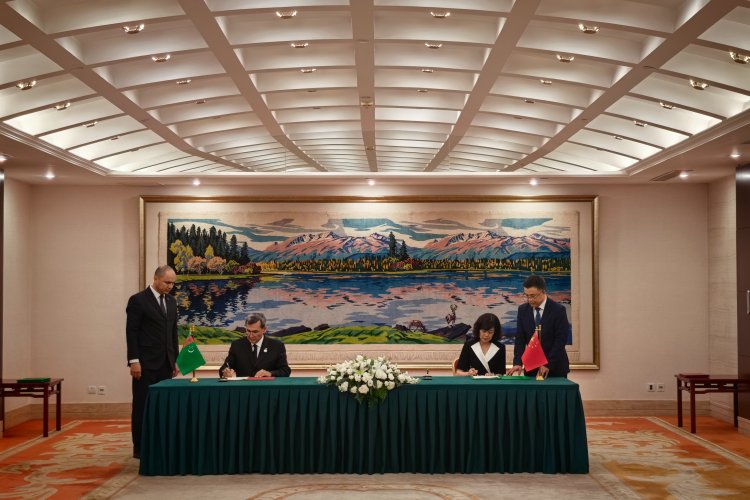On June 13, International Evaluation Capacity Development Forum (IECDF) was held at Lanzhou University (LZU). The forum was jointly sponsored by LZU, Mongolian Evaluation Association, and UN International Children’s Emergency Fund (UNICEF), and co-organized by LZU’s Social Sciences Administration, Office of International Cooperation and Exchange, and Research Center for Evidence-Based Social Science. The forum brought together over 100 delegates from over 50 organizations and institutions in 21 countries. WANG Wei, vice-president of LZU, Amanda Bissex, UNICEF Deputy Representative to China, and BAO Junzong, Party secretary of Gansu Association for Science and Technology, attended and separately addressed the opening ceremony. The ceremony was chaired by CHI Gang, director of LZU’s Office of International Cooperation and Exchange.
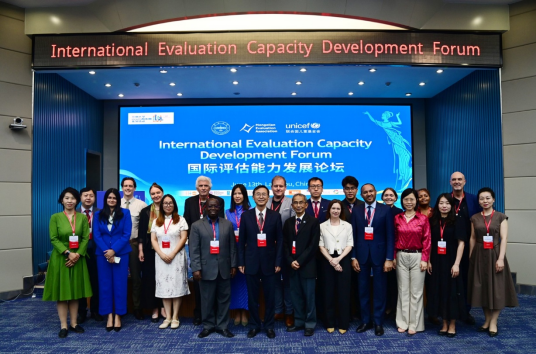
Amanda Bissex emphasized in her address the vital role that evaluation plays in advancing child well-being and family development. She noted that UNICEF has remained steadfast in its commitment to strengthening national evaluation systems, embedding evaluation into strategic planning to ensure programs are relevant, influential, and responsible. She hopes that the participants, especially the young evaluators, would actively engage in evaluation practices and help advance global evaluation capacity.
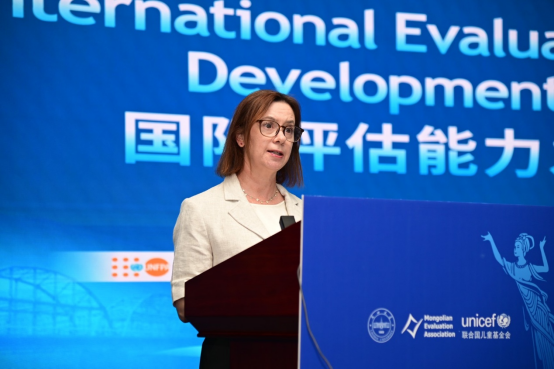
BAO Junzong highlighted LZU’s growing international stature as a “Double First-Class” university of China. Since his Association has established a workstation at LZU’s Research Center for Evidence-Based Social Science in 2023 as a part of “HOME Program--Help Our Motherland through Elite Intellectual Resources from Overseas”, the workstation has leveraged demonstration projects to effectively promote international collaboration and talent development. He noted that the forum’s focus on modernizing evaluation capacity would significantly enhance global knowledge sharing, intercultural exchange, and transnational cooperation.
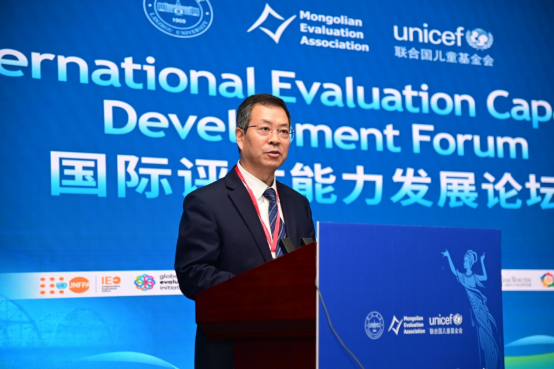
During the keynote sessions, distinguished speakers delivered reports on regional and global evaluation systems. Ashwani K. Muthoo, director of the Independent Evaluation Department (IED) of the New Development Bank (NDB), spoke on building evaluation capacity within BRICS countries; Dugan Fraser, director of the Global Evaluation Initiative (GEI) at the World Bank, presented on evaluation from an Asian perspective; Emmanuel Manny Jimenez, director of the IED of the Asian Development Bank (ADB), shared a global outlook; and professor WEI Zhipeng of LZU’s Research Center for Evidence-Based Social Science discussed current findings on evaluation capacity development in China. The session was chaired by professor Howard White of LZU.
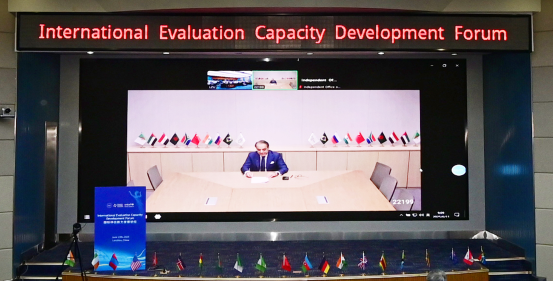
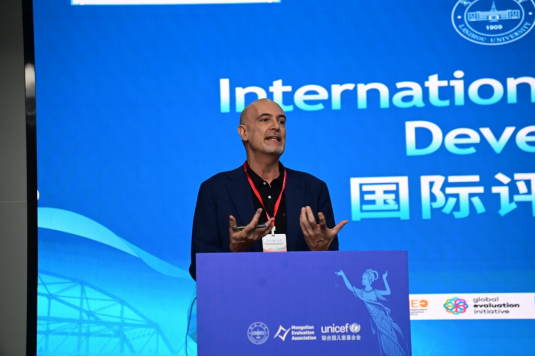
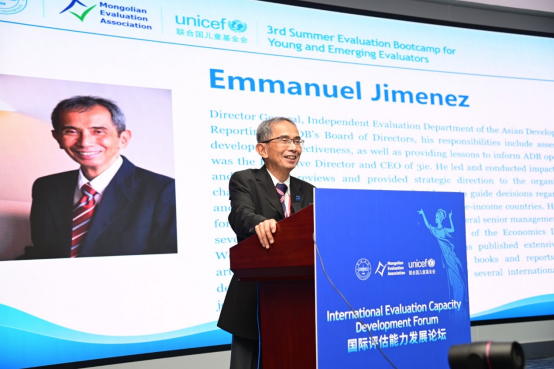
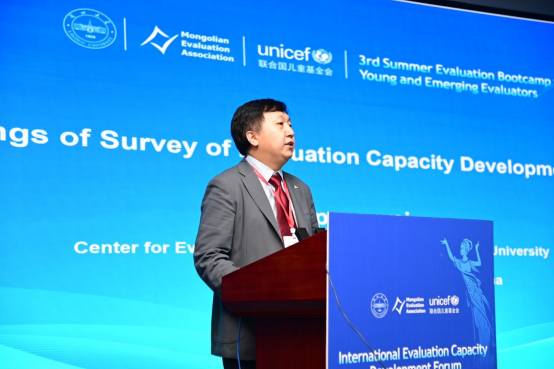
A roundtable on global and regional evaluation capacity development followed, moderated by UNICEF’s Xin Xin Yang. Participants included Dugan Fraser, Jane Mwangi, UNICEF Regional Evaluation Advisor, Sven Harten, deputy director of the German Institute for Development Evaluation, Emmanuel Manny Jimenez, Eskender Zeleke, head of Independent Evaluation of Asian Infrastructure Investment Bank, and SUN Chao, senior evaluation specialist at NDB. The discussion centered on the structural challenges of building robust evaluation systems at both global and regional levels.
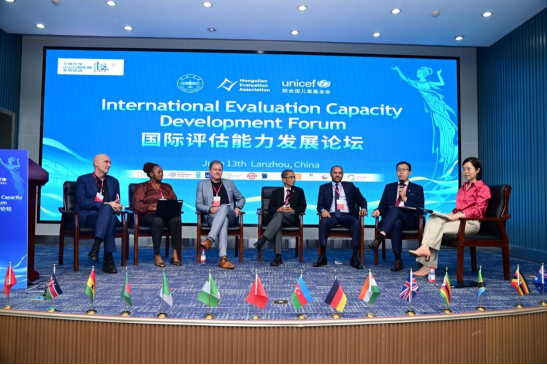
A separate roundtable focused on youth evaluation capacity development, chaired by Erdenechimeg (Chimgee) Ulziisuren, founder of the Mongolian Evaluation Association. Participants included David Ameyaw, president and CEO of International Centre for Evaluation and Development, WANG Cheng, co-chair of EvalYouth China, Khaliunaa Batjargal, co-chair of EvalYouth Asia and Mongolia, Dr. GUO Liping, co-chair of Eval Youth Asia, WANG Qi, postdoctoral researcher at the University of Hong Kong, and Ashrita Saran and Uyanga Zalaallnl, representatives from the third Summer Evaluation Bootcamp for Young and Emerging Evaluators. Together, they shared the practical challenges faced by young evaluators, and called on all sectors to pay attention to their needs and provide them with more resources and support.
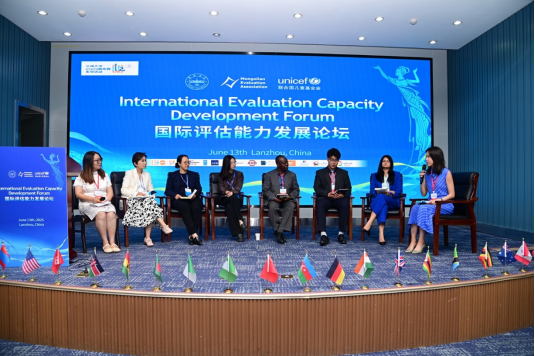
The forum’s closing ceremony featured a global evaluation torch relay, the launch of EvalYouth China, and the signing of the Youth in Evaluation Manifesto. Professor WEI Zhipeng presided over the closing events.
UNICEF’s Xin Xin Yang led the torch relay in Lanzhou, part of a broader initiative co-launched by Eval4Action, the UNFPA Independent Evaluation Office, EvalYouth, the Global Parliamentarians Forum for Evaluation, and the International Organization for Cooperation in Evaluation. The torch relay aims to promote scientific and professional evaluation as a cornerstone for evidence-based global development, fostering a more just and sustainable future.


